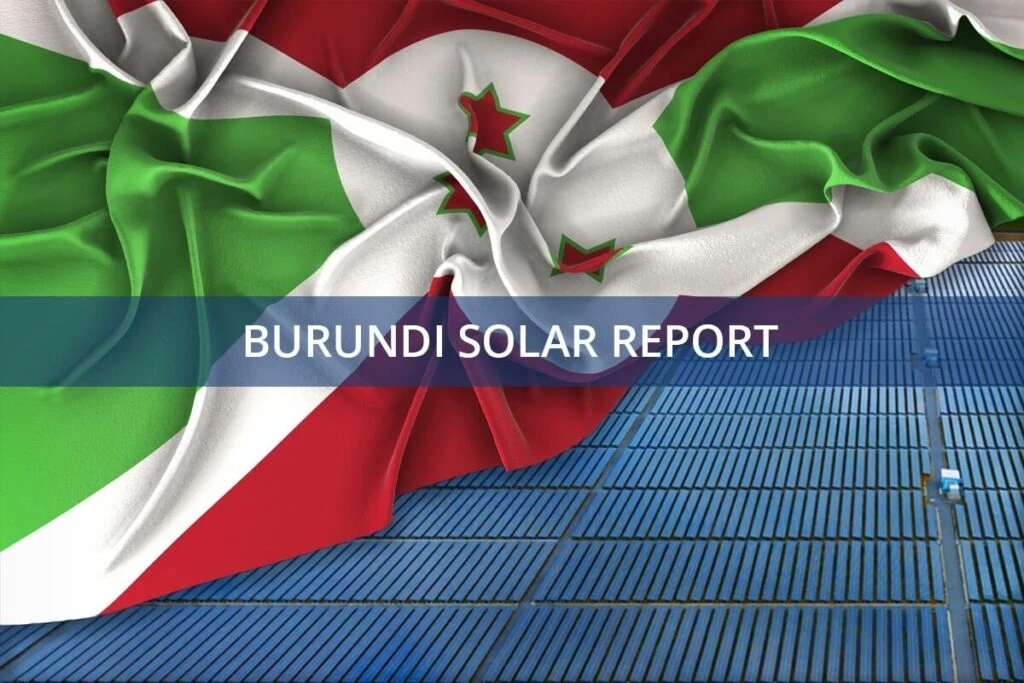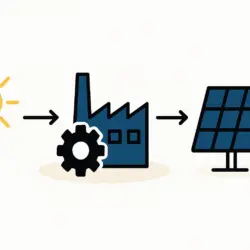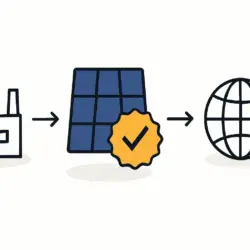Burundi’s Major Energy Milestone: Jiji Hydroelectric Power Project
Burundi has officially inaugurated the Jiji Hydroelectric Power Plant, a major energy project launched by President Evariste Ndayishimiye. The 32.5 MW facility, located in Songa Commune, Bururi Province, was built with a $270 million investment largely funded by the World Bank and other international partners.
Power Generation and National Impact
The Jiji Hydroelectric Power Plant is one of the largest energy projects in Burundi’s history, and its 32.5 MW capacity represents a significant national achievement. President Ndayishimiye officially commissioned the plant on September 12, 2023.
Constructed over several years in the Songa Commune of Bururi Province by a consortium of Chinese companies, including JIANGSU ETERN and SINOHYDRO, the project marks a milestone for Burundi’s energy sector.
As a run-of-river power station, the plant harnesses the natural flow of the Jiji River to generate electricity. It is expected to play a crucial role in addressing Burundi’s persistent energy deficit.
International Collaboration Behind the Project
The construction of the Jiji Hydroelectric Power Plant was made possible through international collaboration, with funding from several key organizations: the World Bank, the European Investment Bank (EIB), and the African Development Bank (AfDB).
These institutions provided a combined $270 million in financing. The World Bank contributed $100 million, while the EIB and AfDB provided $90 million and $80 million, respectively.
During the commissioning ceremony, President Ndayishimiye expressed his gratitude to these international partners, emphasizing their vital support in completing the project. He highlighted the plant’s potential to significantly boost Burundi’s energy supply and contribute to national development.
Economic and Social Benefits
The Jiji Hydroelectric Power Plant is expected to deliver substantial economic and social benefits for Burundi. It will primarily reduce the country’s dependence on costly and environmentally harmful diesel generators, which have long been the main source of electricity.
By providing a more sustainable and cost-effective power source, the plant should lower electricity costs for consumers and businesses. This affordability is expected to stimulate economic growth by making it easier for companies to operate and expand.
Beyond its economic benefits, the plant will have a positive environmental impact. As a renewable energy source, hydroelectric power produces no greenhouse gas emissions, offering a cleaner alternative to fossil fuels.
The project has also created jobs and improved infrastructure in the surrounding area. Hundreds of local workers were employed during construction, and the operational plant will continue to support jobs in maintenance and operations.
Future Energy Projects in Burundi
The commissioning of the Jiji Hydroelectric Power Plant is just one of several new energy projects for Burundi. The government is also developing the nearby Mulembwe Hydroelectric Power Plant, which is expected to add another 16.5 MW of capacity to the national grid.
Together, the Jiji and Mulembwe plants will significantly increase Burundi’s total installed capacity, helping to meet the country’s growing demand for electricity. The government is also exploring other renewable energy projects, such as solar and wind power, as part of its long-term strategy.
President Ndayishimiye has made energy development a key priority for his administration, recognizing its importance for economic growth and poverty reduction. The successful launch of the Jiji plant underscores the government’s commitment to expanding access to electricity and improving the quality of life for all Burundians.



